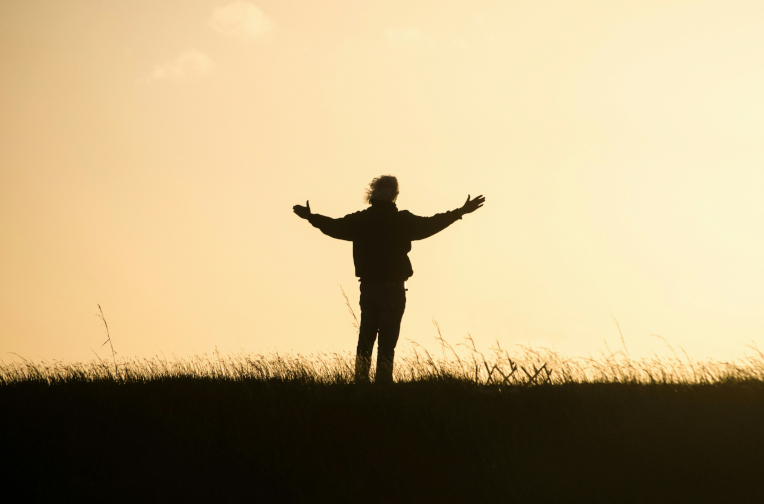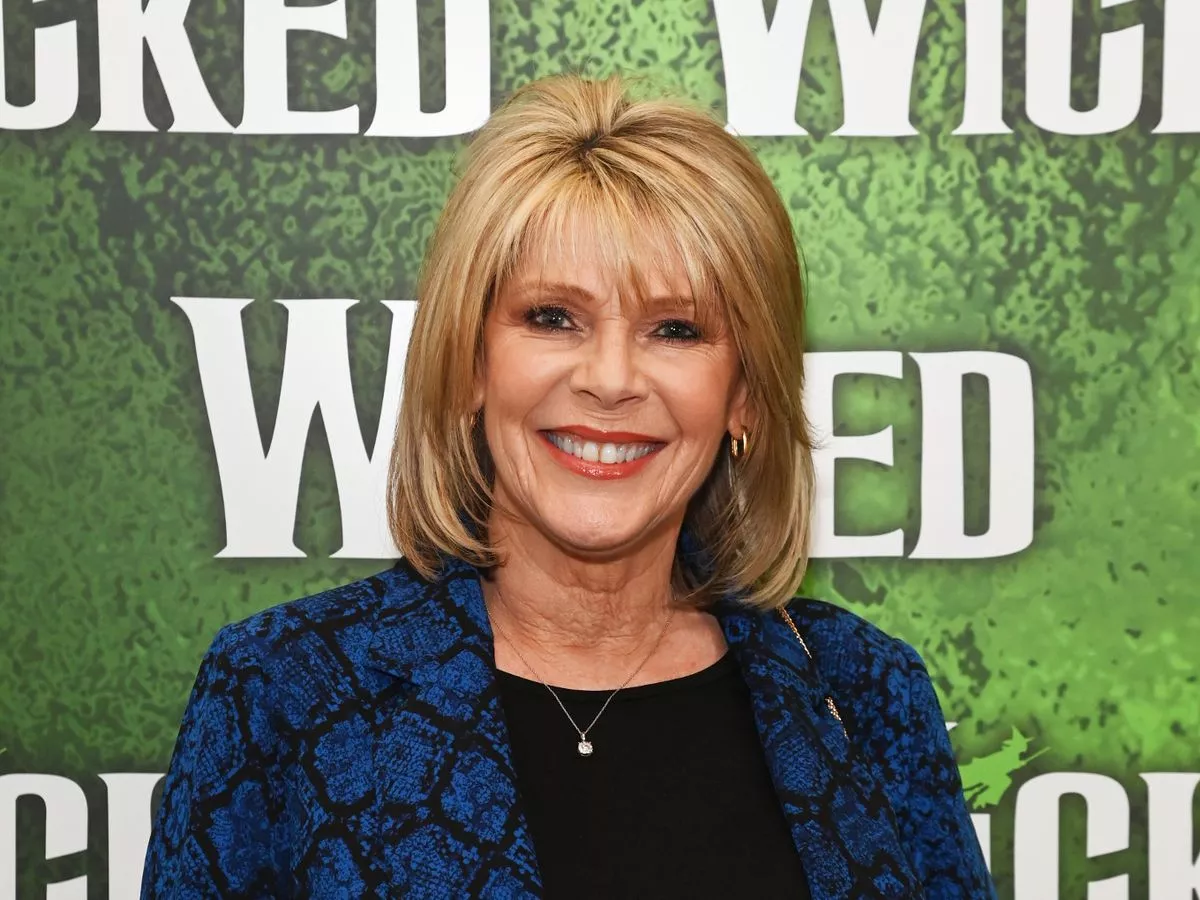Copyright Resilience

Here’s a paradox. On one hand, terrible things are happening. Earth’s climate system is being destabilized, the oceans are turning acidic, wild animals are disappearing, economic inequality is soaring, politics are becoming more polarized and democracies more dysfunctional, and toxic chemicals are turning up in the bodies of people and other creatures in even the remotest and least-disturbed places on the planet. When you look at these problems closely and notice how they interact and compound one another, it’s hard to avoid the conclusion that we are in a time of Great Unraveling. Action is needed to avoid the worst outcomes. Effective action requires both information and motivation. For activists, who tend to be marinated in information, fear and outrage are often fuel for efforts to change the system. Yet, on the other hand, there is substantial evidence from psychological research showing that fear and hate can harm your relationships and health. Gratitude, instead, is the most beneficial attitude for maintaining a happy, healthy life. But how not to feel fear, if not hate, when so much of nature and humanity is under threat? How can we feel thankful when our world is being destroyed? These are hard realities to reconcile. What follows is intended not as a spiritual homily or a philosophical manifesto. I’m just trying to work through seemingly contradictory facts, using my preferred thought-sorting process—writing. Gratitude Research A robust literature of thousands of published studies shows that gratitude makes us happier and healthier. In the words of Maureen Sullivan, in an article for Harvard Medical School: Recent research has pointed to gratitude’s myriad positive health effects, including greater emotional and social well-being, better sleep quality, lower depression risks, and favorable markers of cardiovascular health. Now, new data from the long-term Nurses’ Health Study shows that it may extend lives. Gratitude studies are typically conducted to assess the effects of gratitude interventions and to measure levels of gratitude, comparing active study participants with control groups. Gratitude interventions include gratitude diaries, conversation programs, trainings, expression of gratitude to others, and thinking of things that make one feel thankful. Control groups, meanwhile, do similar activities that aren’t gratitude-oriented (e.g., writing food diaries rather than gratitude diaries). Study results typically show that participants practicing gratitude score 3 to 4 percent higher in desirable outcomes. So, gratitude sounds like a cheap tonic (though not a cure) for what ails us. Is it that simple? Uses and Misuses of Gratitude No, it’s complicated. Gratitude may improve our lives in many ways, but research suggests you shouldn’t rely on it during a salary negotiation with your boss. That’s the conclusion of a study led by Jeremy Yip, an assistant professor at the McDonough School of Business, who found that “in competitive contexts—such as in job negotiations, car dealerships or Facebook Marketplace sales—people who express gratitude are more likely to be taken advantage of.” Maybe that’s as much a commentary on our economic system as on gratitude itself. Another example of a perversion of gratitude arises when people in leadership positions require underlings to express gratitude. In such cases, people with minimal social power can be kept complacent and subservient. As support for this assertion, I can reach back to my own experience earlier in life, when I was a member of a live-in spiritual community. Leaders repeatedly told recruits that “An attitude of gratitude increases your altitude,” and that complaint is spiritual poison. While those teachings held elements of truth, they also served to tamp down rank-and-file dissatisfaction with a hierarchical system of control. How to get the benefits without the risks? There are no easy answers. Discernment and experience are required. Gratitude “For” Versus Gratitude “In” I’m certainly not suggesting that we should feel gratitude for climate change, extreme economic inequality, and the destruction of nature. However, given the fact that none of us individually has the power to stop the Great Unraveling, it’s fair to discuss what attitudes are most helpful under the circumstances. Viktor Frankl, author of Man’s Search for Meaning, spent three years as a prisoner in Nazi concentration camps. He saw some fellow prisoners survive the same conditions to which others succumbed. Frankl concluded that everything can be taken from a person, except for the freedom to choose one’s attitude, and that this inner freedom to decide how to respond to suffering can be decisive. Frankl believed that suffering is transformed by meaning, and that facing unavoidable suffering with courage and dignity can turn personal tragedy into triumph. Having a life of meaning and purpose in which I engage regularly with readers, students, and colleagues has certainly helped me feel grateful, even though my work is centered in hard truths. So, gratitude isn’t a cure-all, especially in situations of unequal social power. But it can elevate our experiences and help us be more content and more resilient people. And we are free to choose it even in hard times. Here’s another paradox. It may intuitively seem that people surrounded by ease and privilege would be more likely to experience gratitude than people who have few possessions and must work hard. But in fact, according to research, luck and luxury don’t seem to make people more grateful. Often, people who have very little are more likely to give thanks for life, relationships, and nature. And something that matters more than luck or privilege: culture. People who are connected with a religious tradition or an Indigenous culture tend to feel gratitude more than unaffiliated individuals. Let Go: We’re Not Going to Fix Everything Which brings up another problem. I’m neither religious nor a member of an Indigenous community. But I’m determined to preserve a gritty gratitude anyway. My own thankfulness is grounded in a few hard-won observations: Life holds incredible beauty. Nature, relationships with friends and family, and the arts (just listen to James Booker playing “Sunny Side of the Street”: what did we humans do to deserve this?) all evoke feelings of thankfulness. Still, death and decay are inevitable parts of life. Advancing age makes that fact unavoidably plain. Having a limited period of existence gives time greater value and elicits gratitude for having been granted that time. Conflict is inherent in evolution, as is cooperation. Nature is always in flux and can be cruel as well as nurturing. The contrast makes me thankful when I observe and experience the cooperative/nurturing side of nature. Human beings are a spectacular but deeply conflicted species. Our species’ (nearly) unique superpowers are language and tool making; with them, we can create sublime art or wreak death and destruction. I have deep gratitude for people who choose to use our superior abilities for the greater good and are able to show restraint and avoid the problems that come from wielding too much power. Even with all this power, choices are limited. Our actions are constrained by history, genetics, parenting, brain chemistry—even what we had for breakfast this morning. As behavioral neuroscientist Robert Sapolsky argues in his book Determined, our actual scope of individual freedom is surprisingly small. That means both blame and praise are largely misplaced. Nevertheless, I prefer to agree with Frankl: even if our scope of choice and action is minuscule, we can still (to some extent) choose our attitude. Making the effort to understand others, especially when they are doing things that seem incomprehensibly wrong, can help us make the best of a terrible situation. We can maintain gratitude even then. Does all this sound vaguely familiar? Perhaps that’s because it’s largely in alignment with Buddhism and Stoicism. These are what I like to think of as philosophies of limits. And it’s with a realistic sense of limits that gratitude gets grounded. It becomes a clear line of feeling tying us to the core of our being. How to Feel More Gratitude? Can we deliberately become more grateful? To a certain extent, yes—if we are to believe the research. Gratitude researchers advise appreciating specific “givers” in your life by engaging in deliberate acts of thankfulness—writing a note or making phone call. Spending more time in nature also increases your gratitude. Pay attention to non-human beings in your environment, both domesticated and non-domesticated. It’s hard not to feel grateful when you see the depth of beauty that evolution has gifted us, and when you engage with the extraordinarily varied kinds of consciousness present in creatures ranging from redwood to cricket to hummingbird, crow, salmon, raccoon, yarrow, great horned owl, coyote, and on and on. I’m particularly grateful for the non-human creatures I spend the most time with—our chickens, who teach me something new each day. Also, as important as it is to know what is happening in the world, it’s equally necessary to disengage from news and political commentary from time to time if you want to make more space for feelings of gratitude. You are more than your opinions. How Does This Help Now? Deliberately feeling gratitude is not a way of insulating ourselves so that we don’t feel bad as the world around us spirals into chaos. Indeed, as Donna Jean Haraway insists, it’s important that we “stay with the trouble” in order to bear witness to this extraordinarily fraught moment. But you can feel sorrow, fear, and pain and still feel grateful. Thankfulness builds connections with people around us and with nature. And those connections will inevitably convey pain as well as more welcome emotions. Humanity’s only long-term solution to overshoot, the cause of the Great Unraveling, is to limit its own numbers and power. We need to partner with nature instead of trying to dominate it. Meanwhile, building societal cohesion will require reducing inequality in social power and developing our cooperative skills. Gratitude is essential to these tasks. What if there is no long term? What if humanity is destined to run out of energy and resources and fight over the hot, polluted detritus to the point of extinction? Then maybe it’s best to go out, not with unalloyed sorrow, but with gratitude for having had the chance to experience the spark of life and be part of the grand experiment of human existence. On the other hand, if collective survival is possible, there will be a lot of work ahead. We’ll be more effective in that work if we’re unburdened by hate and recrimination, and are instead rooted in gratitude for life, nature, and community.



